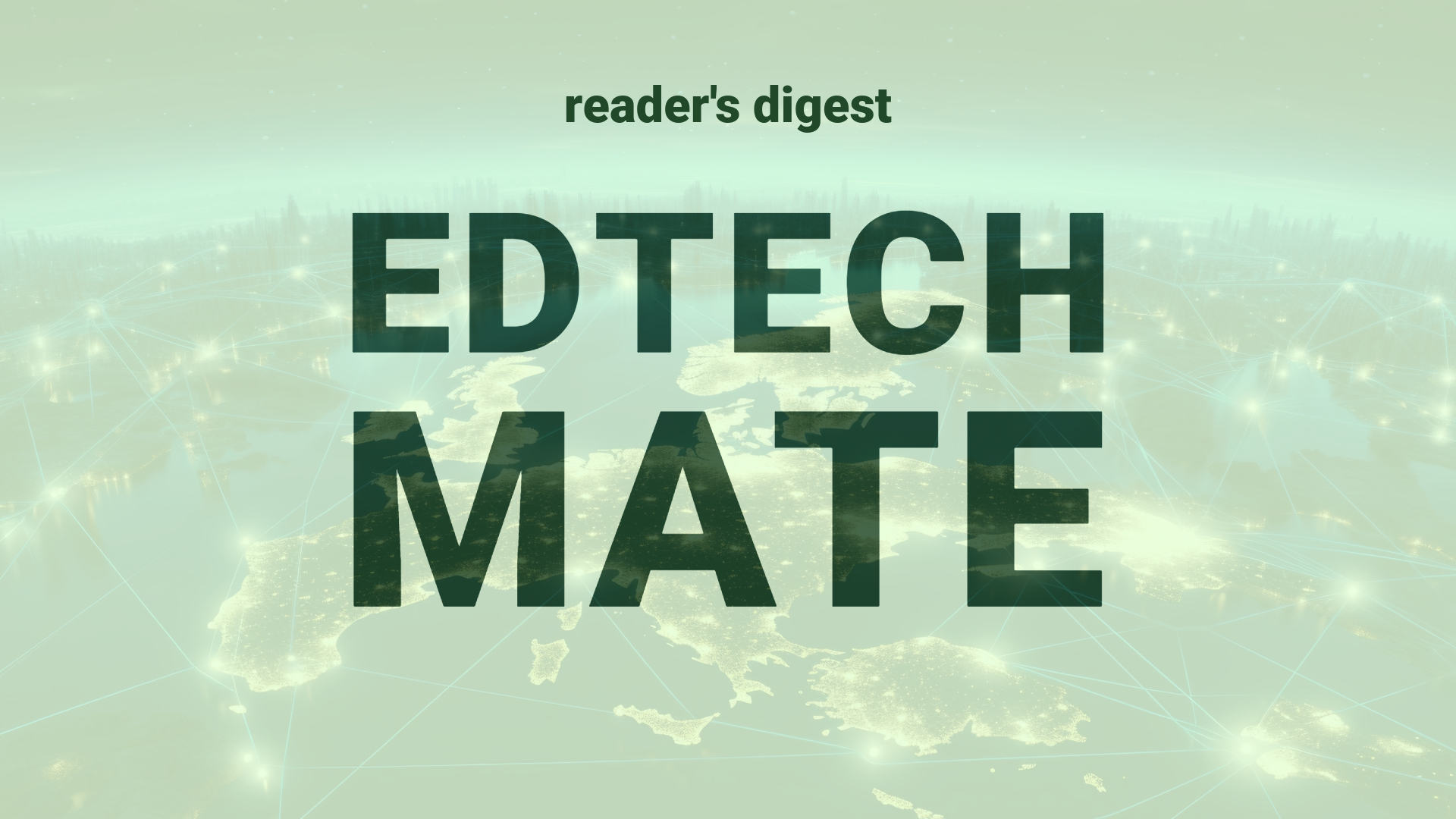“`html
Executive Summary and Main Points
“`Digital transformation and AI integration remain at the forefront of global higher education innovation trends. Choosing a PhD topic now transcends mere academic interest, urging a strategic approach that marries passion with practical research methods sustainable over three to four years. Recommendations emphasize the importance of deploying digital tools in PhD research, appreciating the significance of educational technology dynamics, and recognizing the value of sector-specific knowledge acquisition.
Potential Impact in the Education Sector
Innovations in PhD topic selection processes may significantly affect Further Education, Higher Education, and Micro-credentials by fostering adaptive learning environments and stimulating strategic partnerships. By choosing research topics that align with prevailing scientific interests—like solar technology in this case—students and institutions could embrace digitalization leading to highly specialized, market-relevant educational courses.
Potential Applicability in the Education Sector
Digital tools, notably AI, offer transformative applications in global education, facilitating more efficient topic selection, niche identification, and research avenues in PhD studies. For example, AI could analyze large datasets to identify trending topics or gaps, thereby enhancing research relevance and innovation.
Criticism and Potential Shortfalls
While digital transformation in topic selection for PhD research encourages innovation, potential pitfalls include a lack of hands-on experience or overreliance on lab settings, as criticized in solar cell research. This might not translate suitably across different international case studies or capture the ethical and cultural context adequately. Further, the narrow expertise of PhD supervisors could lead to constrained student research scopes, reflecting more on the supervisors’ interests than true academic exploration.
Actionable Recommendations
To fully leverage educational technology in PhD topic selection, institutions should invest in AI tools to aid students in exploring various research domains effectively. International education leadership should encourage and facilitate cross-disciplinary, innovation-friendly environments and broaden supervisors’ scopes to ensure diverse, inclusive, and impactful research outcomes.“`

